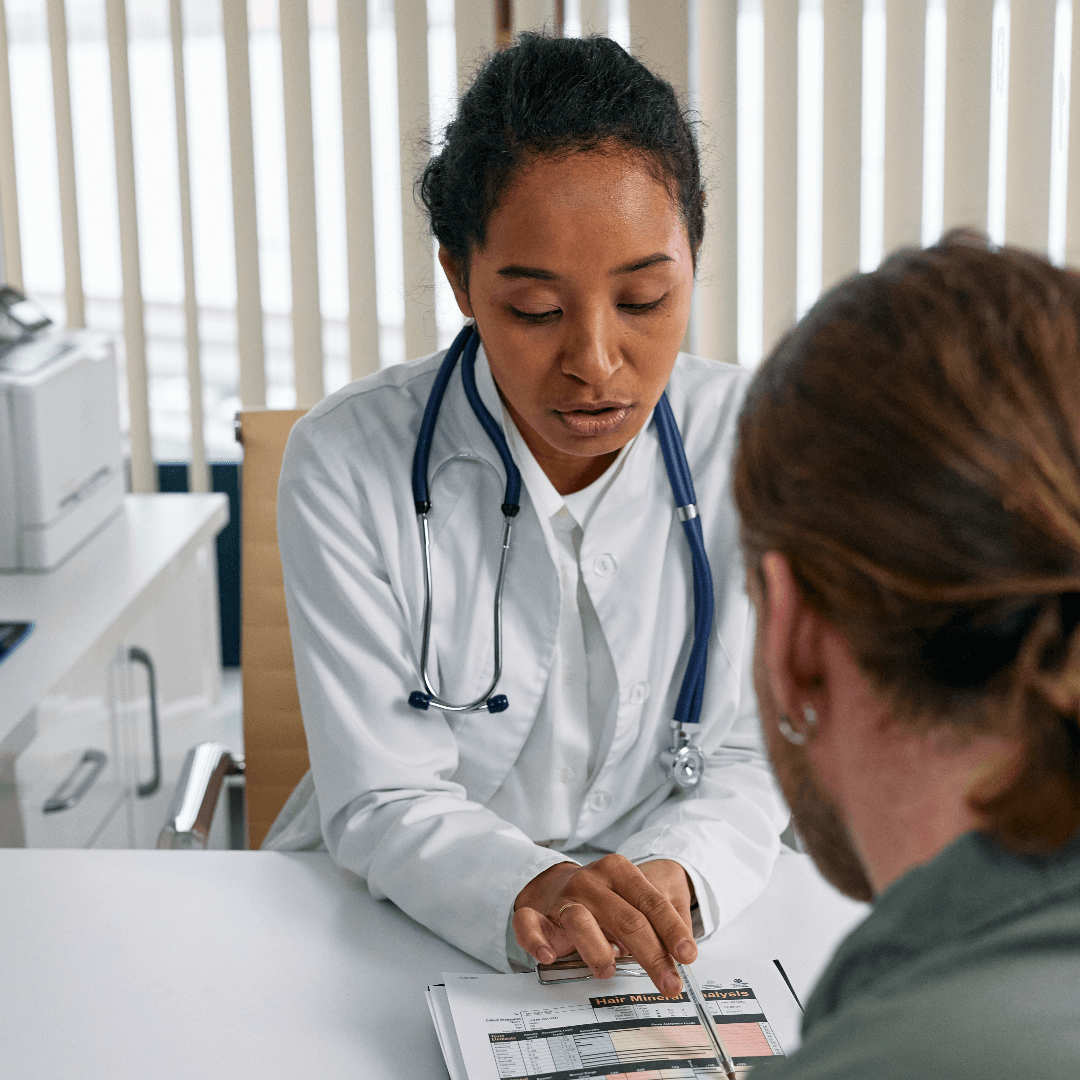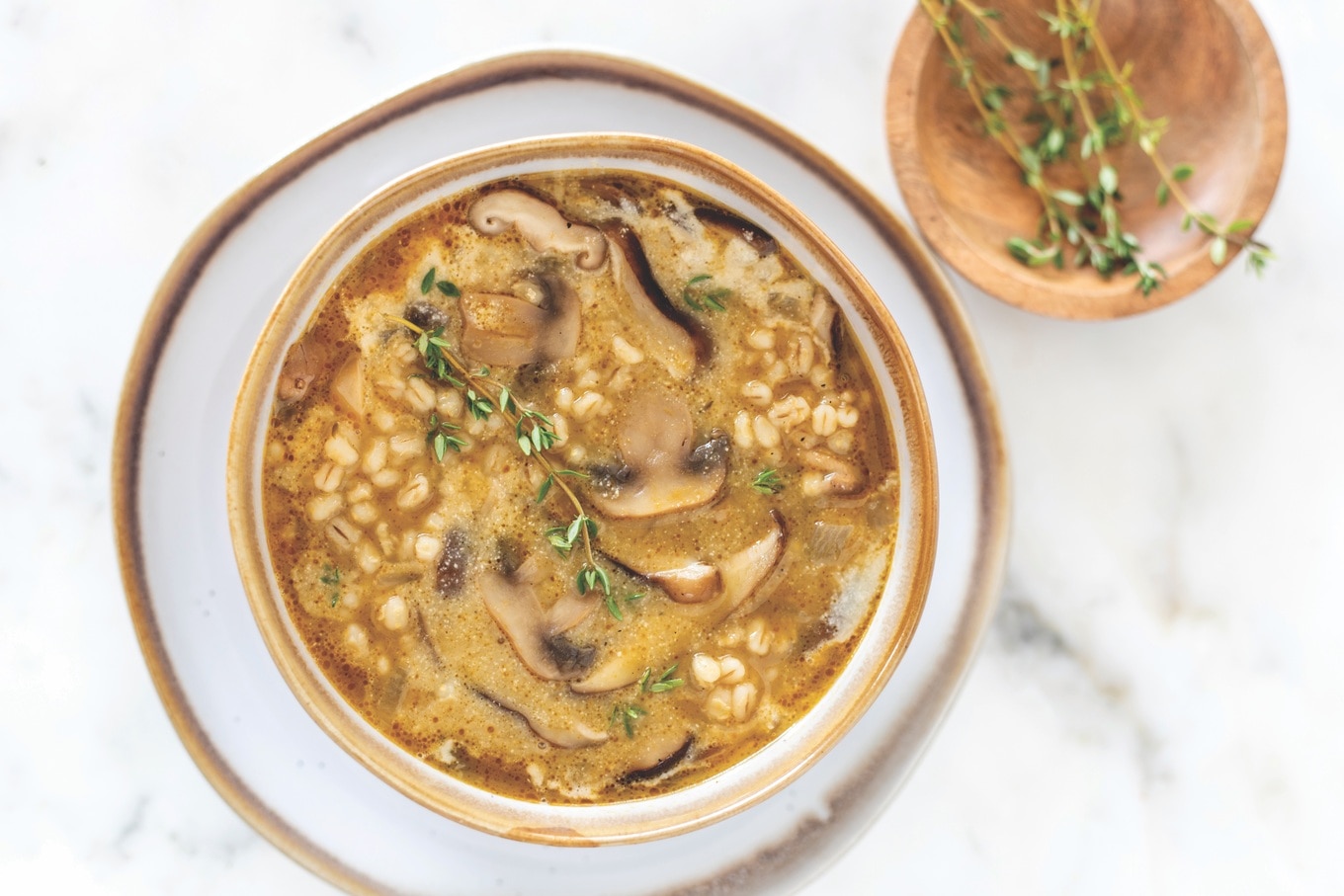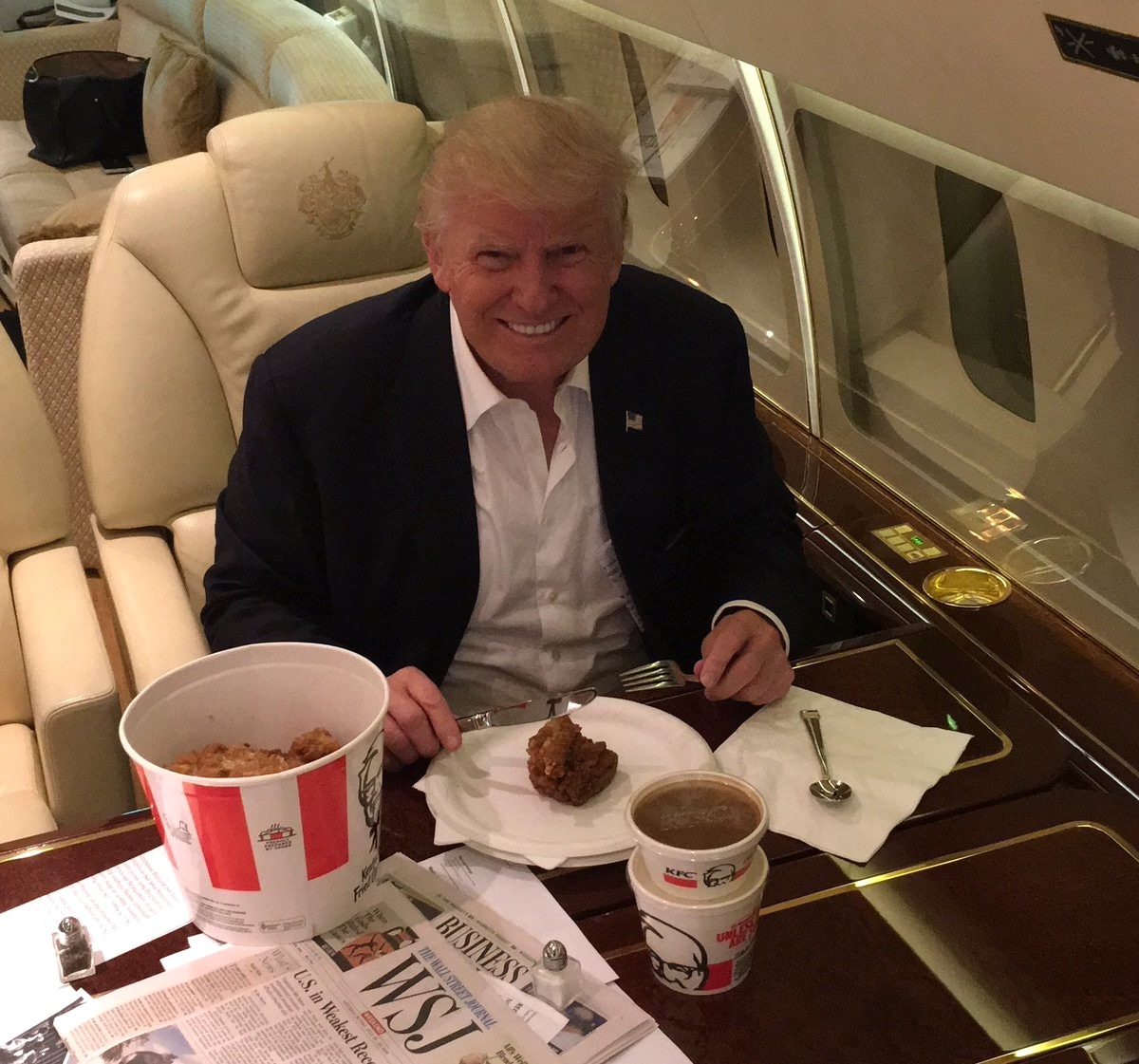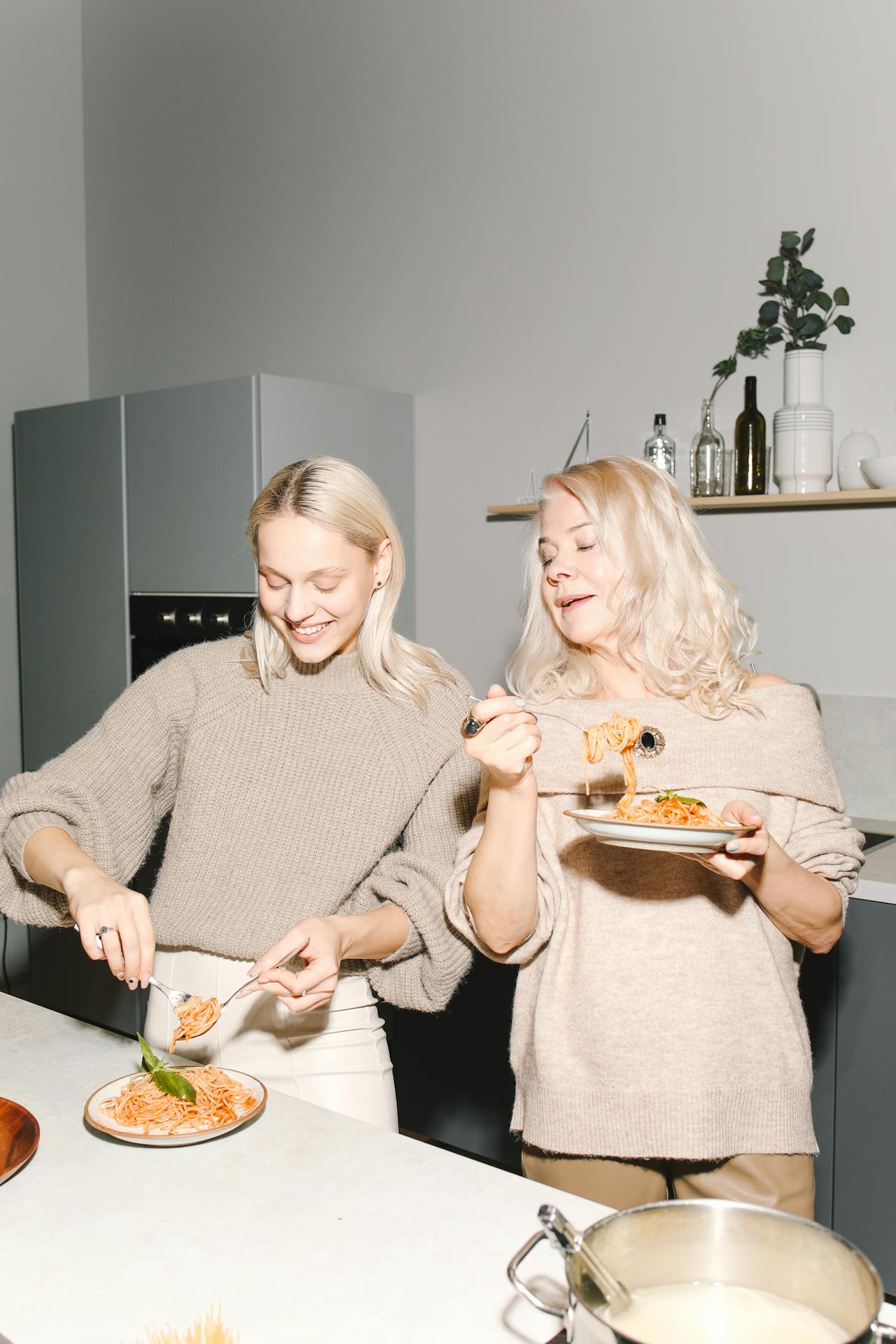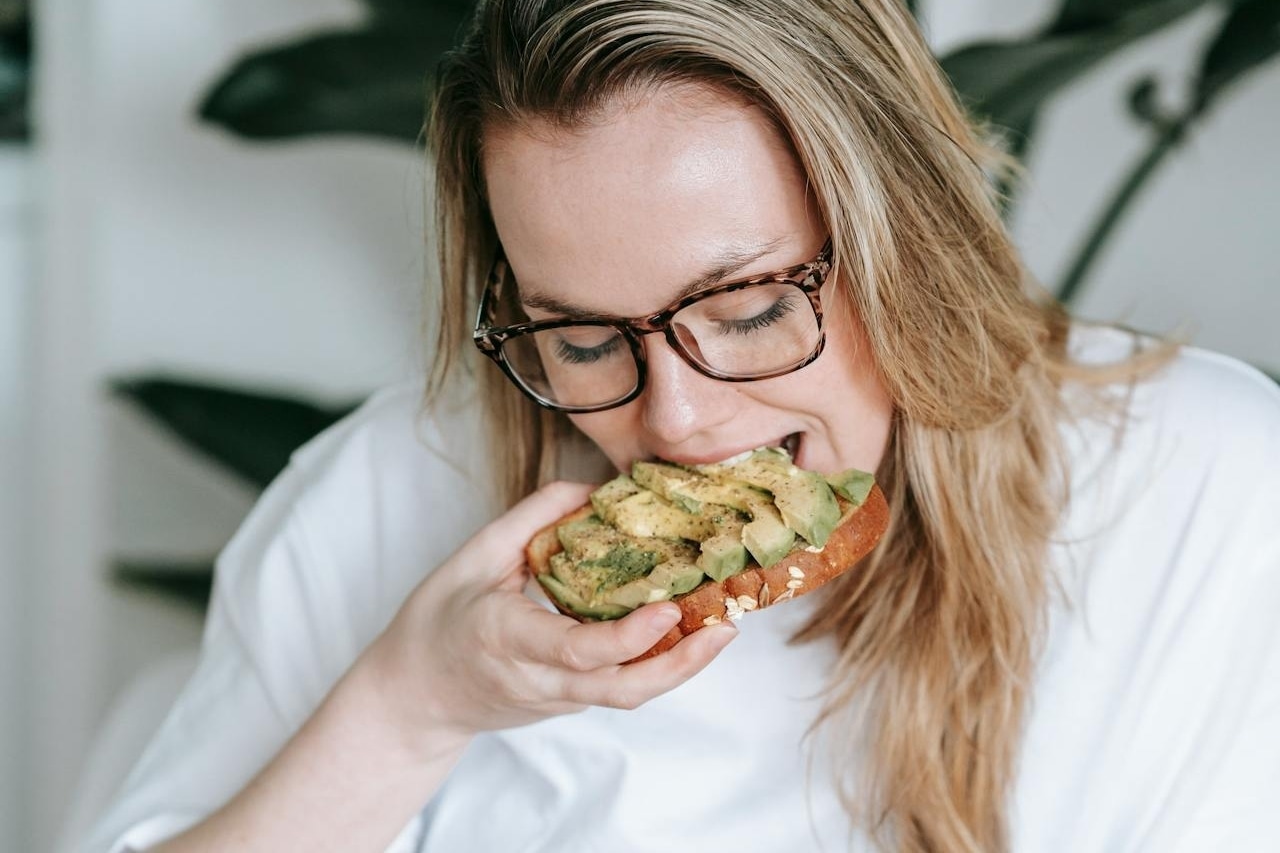Seattle-based, global coffee giant Starbucks announced that it is investing $1 billion into AI technology to help it develop a vegan breakfast sandwich. The decision comes after years of struggling to come up with an entirely plant-based version of its popular breakfast sandwiches.
Starbucks announced its partnership with San Francisco-based artificial intelligence research laboratory SnackGPT to “leverage the trillions of machine-driven computations needed to help us finally figure out how to create a vegan sandwich for Starbucks.”
“This is an ambitious, groundbreaking union that we’re proud to undertake,” Starbucks Founder Howard Schultz said in a statement. “It may take years to unlock this mystery, and I don’t care what kind of mystifying, never-before-seen form it may take. Mark my words: We are going to be the pioneer in coffee shop vegan breakfast sandwiches in America.”
It should be noted that Peets, Philz Coffee, 7-Eleven, Alpha Foods, and Field Roast have all introduced fully vegan breakfast sandwiches to coffee shops and retail locations in recent years.
VegNews/Richard Bowie
Table of Contents
What Starbucks’ AI sandwich could look like
Despite existing, successful examples of fully vegan breakfast options on the market, Starbucks is keeping quiet on the specifics it’s feeding to AI. “What I can say is that the AI system will be used to determine the optimal combination of flavors and textures, as well as the perfect cooking time and temperature,” says Head of North American Menu and Product Innovation Smitty Werbenjagermanjensen.
Since the Starbucks AI announcement, industry analysts have been scratching their heads at the prospect of a billion-dollar investment into artificial intelligence to solve a problem that’s already been solved. Several plant-based manufacturers are already able to provide product to the scale Starbucks needs—including Just Egg’s mung bean-based egg patties, Impossible Foods’ breakfast sausage (which Starbucks currently uses on its vegetarian Impossible Breakfast Sandwich), and Daiya’s new fermented, extra-stretchy cheese currently in the works.
“I’m not sure what Starbucks is trying to accomplish here,” says Senior Market Analyst Heïheï Håuhaughson of Norweigan research firm NumbrNavigtr. “It’s like trying to reinvent the wheel when there are already perfectly good wheels available.”
Despite the confusion, Starbucks remains committed to their AI investment, with some insiders suggesting that it’s determined to create a sandwich “that is even more vegan than existing vegan breakfast sandwiches.”
“And we know we can do it,” Werbenjagermanjensen says. He explains that the coffee giant’s first round of research and development—AI-generated images of vegan breakfast sandwiches—already took place earlier this year and was a smash success. “They looked absolutely delicious, but now it’s time for the hard part: actually making them.”
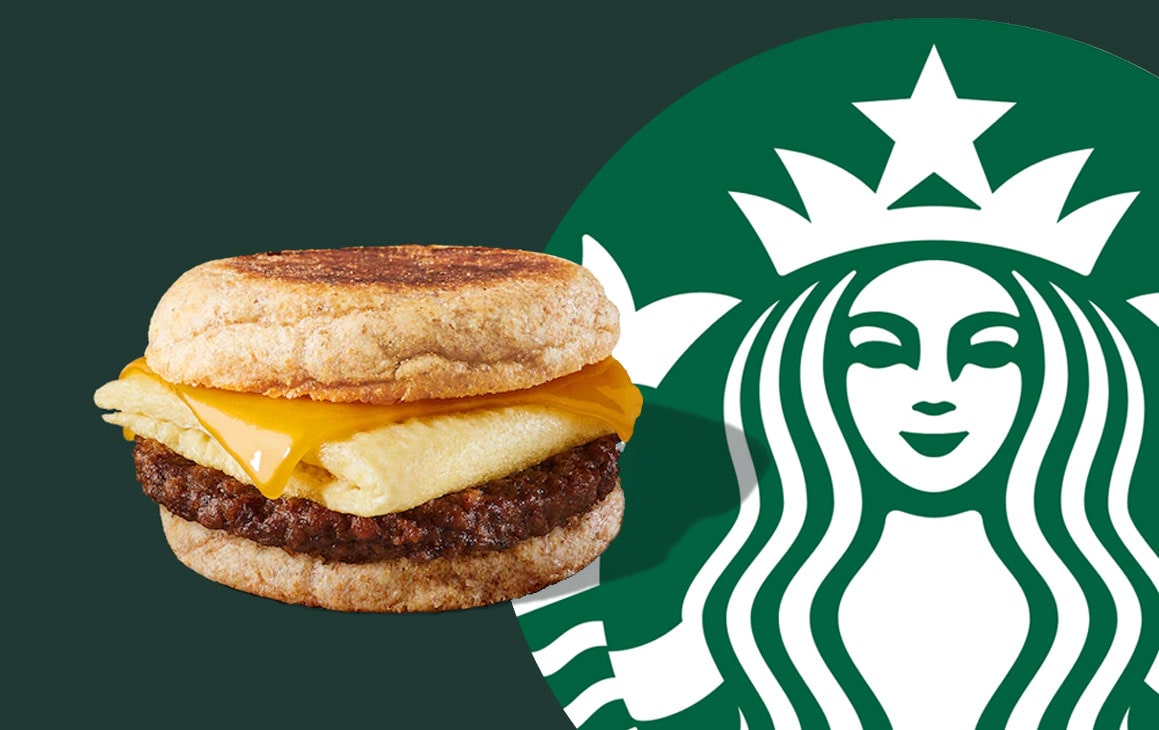 Starbucks
Starbucks
Starbucks’ vegan sandwich tests
Starbucks admits that it has been stumped on how to create a vegan breakfast sandwich that a growing plant-based and flexitarian population would like. “Our research and development department has tried everything. Really, everything,” says Werbenjagermanjensen. “We tested an all-cauliflower breakfast wrap made with a cauliflower-quinoa scramble, cauliflower milk-based cheese, and chunks of boiled cauliflower, all wrapped in a gluten-free cauliflower wrap. But for some reason, it didn’t take off.”
Werbenjagermanjensen recalls another test trial that didn’t live up to its promise. “Customers absolutely love our current plant-based breakfast options—including cups of readymade oats covered in boiling water, plain bagels slathered in guacamole for some reason, and of course, our famous fruit cups. And we know that vegans are always looking for protein, right? So in 2019, we partnered with high-tech Japanese pea protein company Pea to develop cutting-edge pea protein-infused cantaloupe, honeydew, grapes, kiwi, and strawberries—with extra attention paid to the cantaloupe and honeydew, since those are everyone’s favorite fruits to find in fruit cups. We were even able to get rid of the powdery protein texture in year two of development.”
The high-protein fruit cup also didn’t resonate with the Fairbanks, AK test market, however. “That was a big investment that just didn’t pay off,” Werbenjagermanjensen says woefully. “Many of my colleagues lost their jobs over that one …”
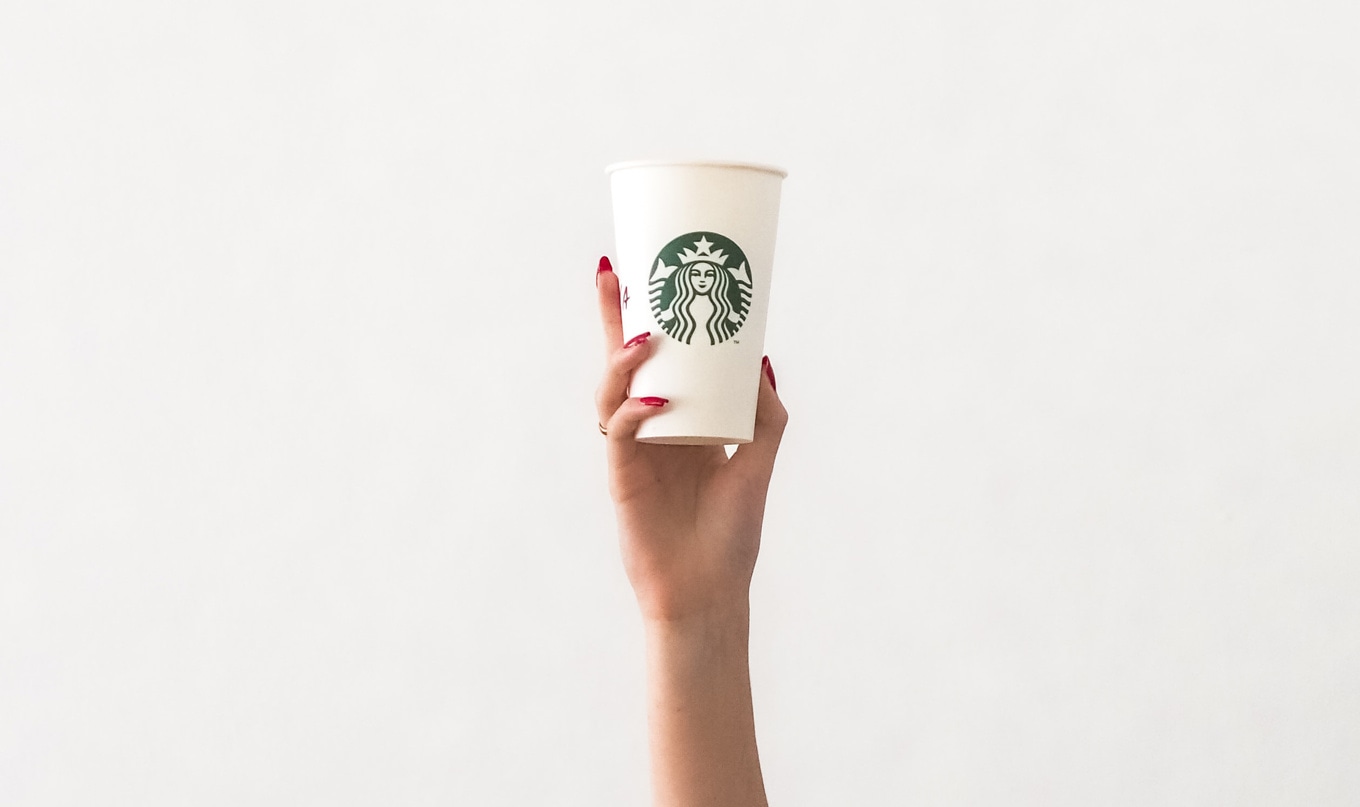 Laura Chouette/Unsplash
Laura Chouette/Unsplash
Starbucks’ vegan surcharge
Starbucks’ Executive Vice Chief Financial Officer Penelope Pinn-Schurr confirmed to VegNews that the company will charge an extra $16 for the new plant-based breakfast sandwich once it makes its way to consumers, which will raise the price point to an estimated $21. Pinn-Schurr cited the high costs of research and development as well as sourcing high-quality vegan ingredients as reasons for the surcharge.
Aware of the backlash this inflated price tag may receive, the company says it’s considering offering its new vegan breakfast sandwiches in differing sizes, ranging from “Piccino” (Italian for “tiny”) to “Enorme” (Italian for “enormous”). “We know that some of our customers prefer smaller portions,” Pinn-Schurr says, “while others prefer larger, so we want to make sure that everyone is happy and pays for what they want.”
This new sizing model has also been tested with Starbucks’ existing non-vegan sandwiches at select locations in a Rancho Cucamonga, CA. The company says customers who have tried the tiny sandwiches report feeling “adorably satisfied,” while the itty bitty handhelds quietly garnered attention on social media, with some dubbing them “cuteness overload” and “the perfect size for an Instagram post.” However, the fate of the Enorme sandwich remains uncertain. Some speculate that it may be too big to fit in Starbucks’ regular-sized paper bag. “We may need to throw another few million into AI to figure out how to make larger bags, too,” Werbenjagermanjensen says.
When asked about the Plant Powered Breakfast Sandwich—featuring Impossible sausage, melted dairy-free cheddar, and folded vegan egg that Starbucks tested in Washington state in 2020—and whether the company might simply bring that to market, Werbenjagermanjensen says, “Nah, I don’t think that’s it.”
Please note that this story is still unfolding, so watch this space. Please also note that today is April Fool’s Day.


